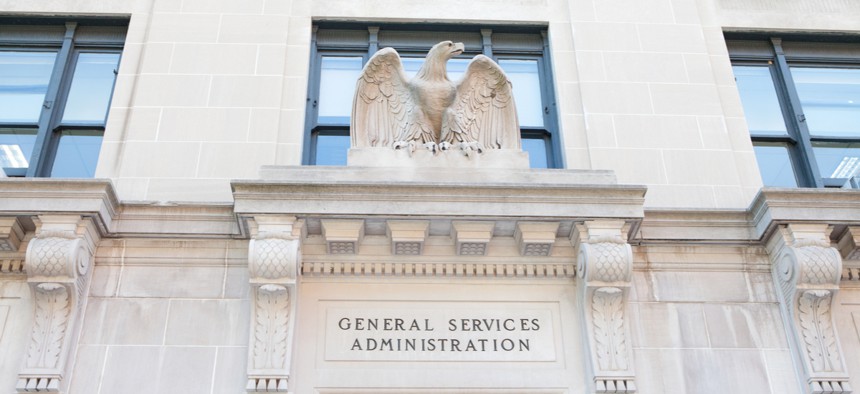For the First Time in 20 Years, GSA Opens Bids for Business Numbering System

Mark Van Scyoc/Shutterstock.com
The longtime incumbent, Dun and Bradstreet, says it plans to bid on the new contract.
The General Services Administration opened up bids to manage its vendor verification system—which ascribes a unique identifying number to each contractor doing business with the government—with the release of a request for proposals Aug. 31.
The Data Universal Numbering Systems, or DUNS number, has been the government standard for identifying contractors, non-profits and other organizations doing business with the federal government since 1962 and became an official part of the Federal Acquisition Regulation in 1998.
“The DUNS number is not just a number—it is a system for maintaining accurate, comprehensive and timely information—and it is issued rapidly and free of charge for all entities wanting to do business with the U.S. federal government,” according to the website for Dun and Bradstreet, the vendor that has managed the system since its inception and for which the number is named.
The acquisition opens the contract to new vendors for the first time in 20 years but does not include language that would prevent the contractor from holding the associated data as proprietary and charging for third-party access, a process at least one lawmaker considers “monopolistic.”
Rep. Virginia Foxx, R-N.C., noted that anyone who wants access to the data associated with the number has to pay a fee to Dun and Bradstreet.
“To speak plainly, the current framework that relies on a proprietary identifier to track our government’s processes enshrines an effective monopoly,” she said during a Feb. 6 committee markup of the Grant Reporting Efficiency and Agreements Transparency, or GREAT, Act, which originally included language to prohibit the proprietary use of entity validation data that was removed during committee deliberations.
“Because the government uses this proprietary identifier, any user of grant and contracting information must purchase a license in order to download and use that data Dun and Bradstreet owns—the DUNS number—and charges royalties for its use,” Foxx said. “If you’re outside the government, you must purchase a license to any data that includes the DUNS number and go through Dun and Bradstreet if you want full access to public data—data that shows the expenditures of taxpayer money.”
A GSA spokesman confirmed to Nextgov that the RFP “does not prevent the offeror from charging or otherwise holding the numbers and data as proprietary, and GSA does not include a stipulation barring the awardee from charging for licenses or other third-party access to the data.”
Dun and Bradstreet declined to comment on the proprietary use of DUNS data but told Nextgov it plans to bid on the new contract.
“The federal government has leveraged the D&B DUNS number for the past 40 years because it provides critical and unique data and insights into the government’s award recipients and programs,” the company said in a statement. “Dun and Bradstreet remains confident that our government partners will continue to find that the D&B DUNS number and associated authoritative entity data provides the best value and most effective solution to supporting the federal government."
NEXT STORY: Work-Life Balance Is an Unhealthy Myth






